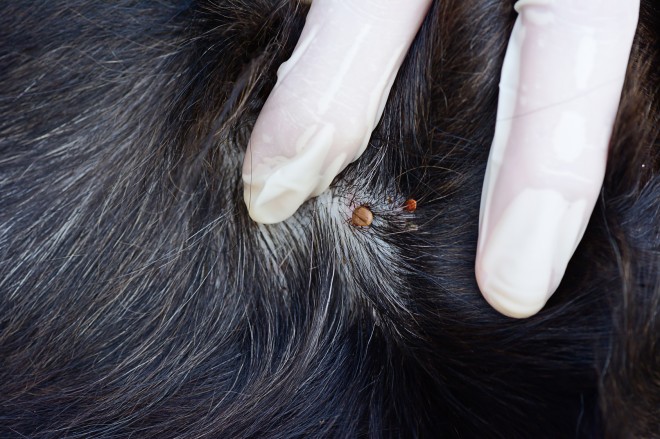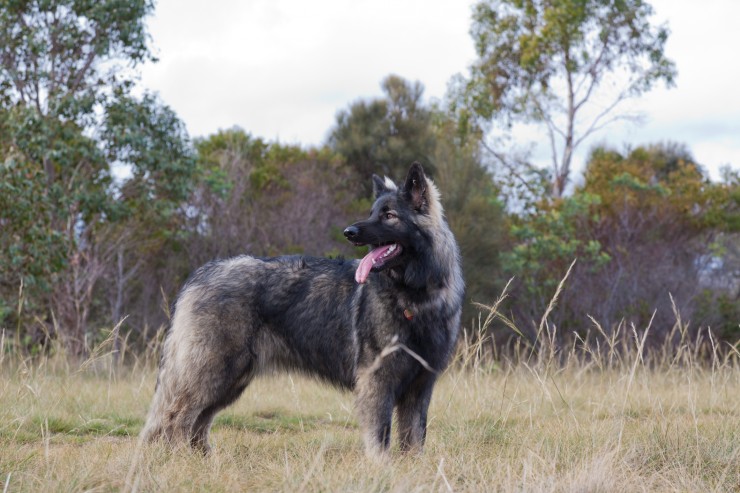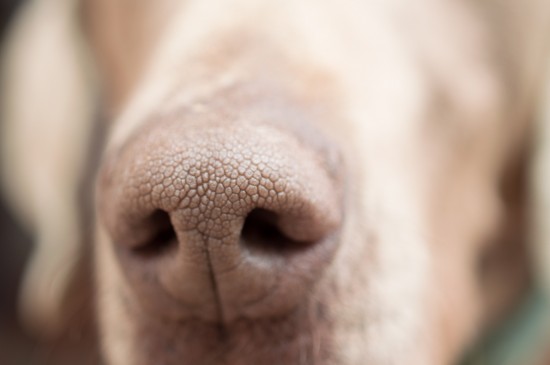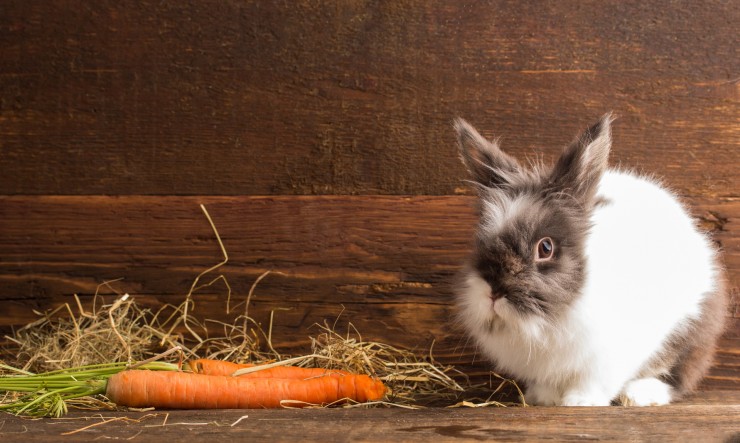

Fleas and ticks are of course annoying hazards that all dog owners need to be aware of, and you should have a pro-active strategy for preventing your pet from becoming a host to them, and have some means of eradicating them if they do become a problem.
One of the best ways to deal with any problem is to learn about it in depth, as gaining a thorough understanding of the problem can help to give you important insights into how to tackle it!
In this article, we will look at the various different vectors by means of which fleas and ticks come into contact with your dog and set up home in the first place. Read on to learn more!
The main means by which fleas in particular, and also ear mites and potentially ticks latch onto your pet and set up home, is through contact with other animals. Obviously socialisation is vitally important for dogs, and meeting other dogs when out and about and playing with them in a normal and important part of canine life, and so contact with other animals is not something that you can prevent! As well as pets such as other dogs and cats, wildlife carries fleas and ticks too, such as squirrels, foxes, rabbits and virtually all other animals that you may see outside.
You cannot prevent your dog from coming into contact with other animals, and you will not always be able to choose to mix your dog only with other animals that are properly protected against parasites, and so ensuring that your dog is themselves protected will go a long way towards preventing infestations.
If you’ve ever patted a dog in the street or visited a friend who has pets, you might have brought an unwanted passenger home with you! Literally any person who comes to your house or touches your dog can pass on parasites to them, and again, this is not something that you can prevent! Again, ensuring that your own dog is treated with an effective product to repel and kill fleas and ticks is your best form of defence.
As well as socialising with other dogs when out and about, just being outside itself can lead to ticks and fleas latching onto your dog! In areas where there is a lot of wildlife, fleas will tend to be rife, and they can easily make the leap onto your dog. If your dog is apt to snuffle around at dead wildlife too, this is a particular pinch point, as the flea count of the deceased animal will be just waiting for a new vehicle to leap on to!
Ticks are of course present in the wild, and particularly prevalent in some areas of the country. Just going out walking, particularly in marshy areas or areas with long grass, can lead to ticks attaching themselves to your dog, and checking them over thoroughly after walks and removing any ticks is important to keep your dog healthy and well.
Fleas in particular can infest your home, even if your dog is relatively flea-free thanks to their preventative products. Fleas thrive in fabrics such as carpet and curtains, and fleas can live for a reasonably long time without a host, meaning that household fleas are very opportunistic and will wait a while before they make the jump onto your dog!
Any place or organised event where a lot of dogs or other pets congregate or visit can become host to fleas. This includes things like dog shows, pet stores, grooming parlours and veterinary clinics, although the latter two are usually very conscientious about treating their venues for fleas regularly, and minimising the risk of passing them on to others.
Visiting other people at their own homes with your dog may mean that fleas can make the jump to your own dog, and you will probably soon learn if a friend’s home always seems to leave your dog scratching!
The vast majority of the scenarios and places outlined above where fleas or ticks can come into contact with your dog are not situations that you can control, nor prevent potential contact with. This means that in order to keep your dog flea and tick free, you are limited really to what you can do for your own dog, to make them an unappealing host for fleas and ticks, and to keep such parasites from treating your dog as a walking buffet!
Talk to your vet about the different options available for flea and tick prevention, and settle upon a product that works for you, reviewing this regularly. Always use the products that your vet recommends in accordance with their guidelines, and don’t skip doses or scrimp on the best products for the job!
 Reliable Chicken Coops offered with A Dynamic Range of Choices
Reliable Chicken Coops offered with A Dynamic Range of Choices
 The Birth Of A Breed - How Do New Dog Breeds Gain Official Recognition?
The Birth Of A Breed - How Do New Dog Breeds Gain Official Recognition?
 The Saint Bernard And Heart Disease
The Saint Bernard And Heart Disease
 Has Your Moggy Got A Little Bit Of Pedigree In There Somewhere?
Has Your Moggy Got A Little Bit Of Pedigree In There Somewhere?
 Learning About The Shiloh Shepherd Dog
Learning About The Shiloh Shepherd Dog
 6 Reasons Why Your Dog May Have A Dry Nose
6 Reasons Why Your Dog May Have A Dry Nose
 Information On Foods That Are Poisonous Or Dangerous For Rabbits
Information On Fo
Information On Foods That Are Poisonous Or Dangerous For Rabbits
Information On Fo
 Most Intelligent Species Of Birds
Most Intelligent
Most Intelligent Species Of Birds
Most Intelligent
 Enhance the Productivity of your Yield with Chicken Coops from Eggshell
Enhance the Productivity of your Yield with Chicken Coops
Enhance the Productivity of your Yield with Chicken Coops from Eggshell
Enhance the Productivity of your Yield with Chicken Coops
 Budgerigar Colour Genetics
Budgerigar Colour
Budgerigar Colour Genetics
Budgerigar Colour
 Are Your Tropical Fish Stressed?
Are Your Tropical
Are Your Tropical Fish Stressed?
Are Your Tropical
Copyright © 2005-2016 Pet Information All Rights Reserved
Contact us: www162date@outlook.com